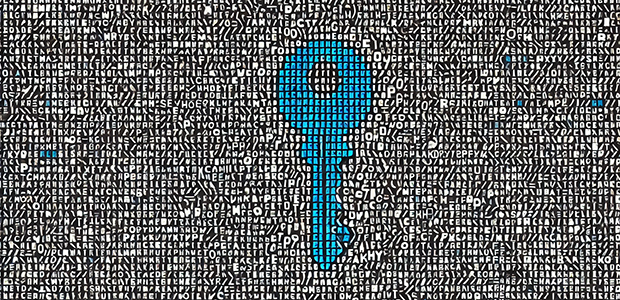
PQShield delivers quantum resistant cryptography with $37M Series B funding
PQShield, a cyber security company specialising in post-quantum cryptography (PQC), has raised $37 million in Series B funding led by Addition, with participation from new investors Chevron Technology Ventures, Legal & General, and Braavos Capital, together with existing backers, Oxford Science Enterprises.
PQShield will use the funding to expand its commercial operations as it continues to meet growing global demand for its quantum-ready cryptographic solutions for hardware, software, and communications, as well as its research IP.
The National Institute of Standards & Technology’s (NIST) post-quantum cryptography standards are due to be ratified in a matter of weeks, marking an inflection point in the global transition to quantum security. NIST’s standards are also likely to be adopted by the International Organisation for Standardisation (ISO). With new global standards in place and a series of government directives, such as the US National Security guidance (e.g CNSA 2.0), mandating the migration of critical systems to PQC from 2025, it’s now a commercial imperative to adopt PQC. This is particularly so where an organisation has critical data it needs to keep secure for any length of time – in fact, if they haven’t already started planning the transition, they are already behind.
Since it was founded in 2018, PQShield has established a team of cryptography and engineering experts who have built an extensive, secure product suite for use in hardware, software, and the cloud. Recent strategic US hires include Johannes Lintzen, who joins from Cryptomathic as Global Business Development Director, and Janssen Liston, who joins from Rambus as North America Senior Sales Director.
PQShield’s cryptographic solutions are already helping to facilitate the transition to quantum security throughout the global technology supply chain – for example, in the secure boot and update of devices, in the Hardware Security Modules (HSMs) that secure most financial transactions, in ever-more connected vehicles, and in military grade communications systems. Customers include AMD, Microchip Technologies, Collins Aerospace, Lattice Semiconductor, Sumitomo Electric, NTT Data, Mirise Technologies (Toyota / Denso R&D), and many others.
As well as advising businesses on the transition to quantum security, the company plans to also continue to support governments, industry bodies, and cyber security agencies as they develop guidance around the migration to PQC. PQShield continues to play a leading role in the NIST PQC standardisation project (having co-authored all four announced standards), and will continue to advise the White House, European Parliament, UK National Cyber Security Council (NCSC), and World Economic Forum (WEF) on the practical challenges involved.
Todd Arfman of Addition, said: “As we approach the culmination of the NIST project, we expect newly-ratified standards to help drive rapid adoption of PQC across the technology supply chain. Led by an industry-leading team with decades of experience, PQShield has quickly established itself as a leading authority in post-quantum cryptography for hardware and software. We are excited to see the business continue to build on its existing commercial success and further enhance its efforts in protecting our digital future.”
PQShield CEO and Founder, Ali El Kaafarani, said: “I’m immensely proud to lead our team in shaping the way our digital world is protected against the threats of tomorrow. It no longer matters when a quantum computer will arrive that can break current cryptography methods: the need for quantum-resistant encryption is here today, as governments and standards agencies push to protect our most sensitive data.
“We’re already getting our technology into the hands of customers across the supply chain, and today’s funding will enable us to deliver real-world, post-quantum hardware and software upgrades to even more organisations as they move to comply with new global standards.
“It’s our responsibility to deliver security and privacy in an increasingly digital world. Every line of code we write, every mathematical problem we solve, and every interaction we make is focused on one specific goal: keeping us all one step ahead of the attackers.”

